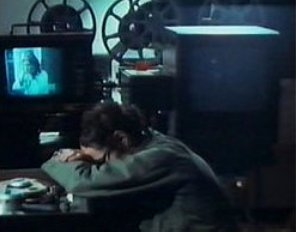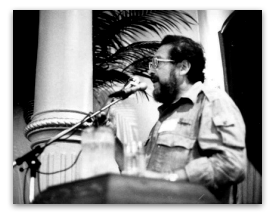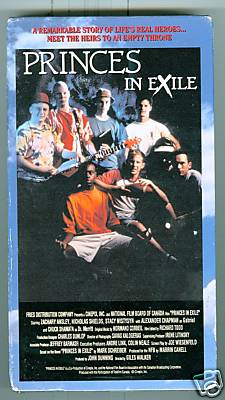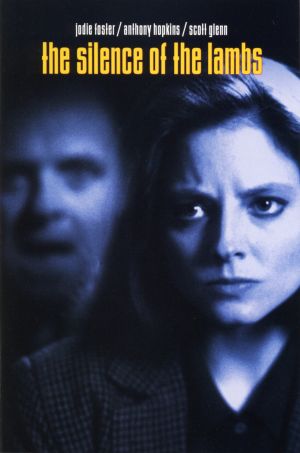I can happily report that some portions of the following — which originally appeared in the December 24, 1993 issue of the Chicago Reader—are out of date, because all the films reported here as unavailable (I Want To Go Home, The Decalogue, The Lovers of Pont-Neuf) have subsequently become available. —J.R.

We all know what political correctness is — though the nuances of the term may vary depending on whether you’re inside or outside academia and whether or not you regard it as exclusively the preserve of the left. (Personally, I consider Rush Limbaugh and Andrea Dworkin both charter members of the club.) Commercial correctness in movie ideology, however, has yet to be defined, even though it currently engulfs both the entertainment industry and the audience.
Political correctness can be defined as the demand by members of an oppressed minority—or at least those like Limbaugh who consider themselves equivalent to members of an oppressed minority—to be treated with respect. Commercial correctness, on the other hand, can be defined as the demand of members of a reigning majority—or at least those who consider themselves equivalent to members of a reigning majority—that minority works and positions be treated without respect. Read more
It’s depressing to recall that Karl Hess: Toward Liberty (1979) wound up winning an Oscar, but this was of course on the eve of Ronald Reagan’s first landslide election as Big Daddy/Rich Uncle. This polemic appeared in the October 8, 1980 issue of The Soho News, and might be considered one of the first glimmers of a more extended argument that would eventually yield the book Movie Wars: How Hollywood and the Media Limit What Films We Can See two decades later. I’ve often speculated, incidentally, if my final sentence might have had anything to do with my never having been invited to the Telluride Film Festival — the current codirector of which, Tom Luddy, was working for Coppola at the time. (I can still recall an angry phone call from Tom during this period that insisted I was dead wrong in taking Coppola as part of the problem rather than as part of the solution. Much later, I should add, in 1987, Tom himself produced one of Godard’s most underrated and neglected features, King Lear.) –J.R.
Hollywood or Bust
by Jonathan Rosenbaum


What do you want to know about the Seventh Annual Student Film Awards — presented by the Academy of Motion Picture Arts and Sciences and AT&T — that a critic could possibly tell you? Read more
This article appeared in the February 22, 1991 issue of the Chicago Reader, about three months after the UN Security Council authorized the use of “all means necessary” to eject Iraq from Kuwait and roughly a month after the U.S. Congress cheerfully authorized our going to war, with all flags waving. I’ve rarely felt as alienated from the taste and desires of the mass audience as I did when I reviewed The Silence of the Lambs — an experience made all the more painful by my admiration for much of Jonathan Demme’s previous work — at least until the release of No Country for Old Men during a second and (ultimately, but not initially) much less popular Gulf war. And it wasn’t until I saw John Gianvito’s The Mad Songs of Fernanda Hussein that I found my own emotions about the war reflected in an American feature. —J.R.


PRINCES IN EXILE
Directed by Giles Walker
Written by Joe Wiesenfeld
With Zachary Ansley, Nicholas Shields, Stacie Mistysyn, Andrea Roth, Gordon Woolvett, Chuck Shamata, and Alexander Chapman.
THE SILENCE OF THE LAMBS
Directed by Jonathan Demme
Written by Ted Tally
With Jodie Foster, Anthony Hopkins, Scott Glenn, Anthony Heald, Brooke Smith, and Ted Levine. Read more





